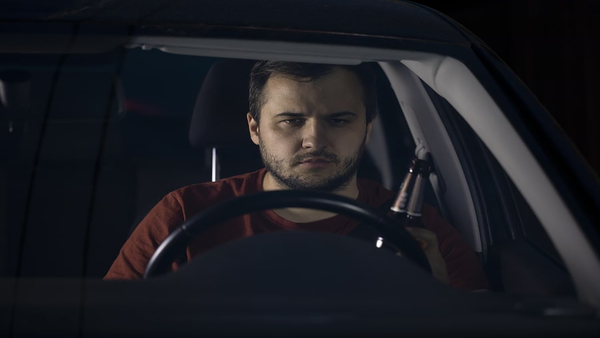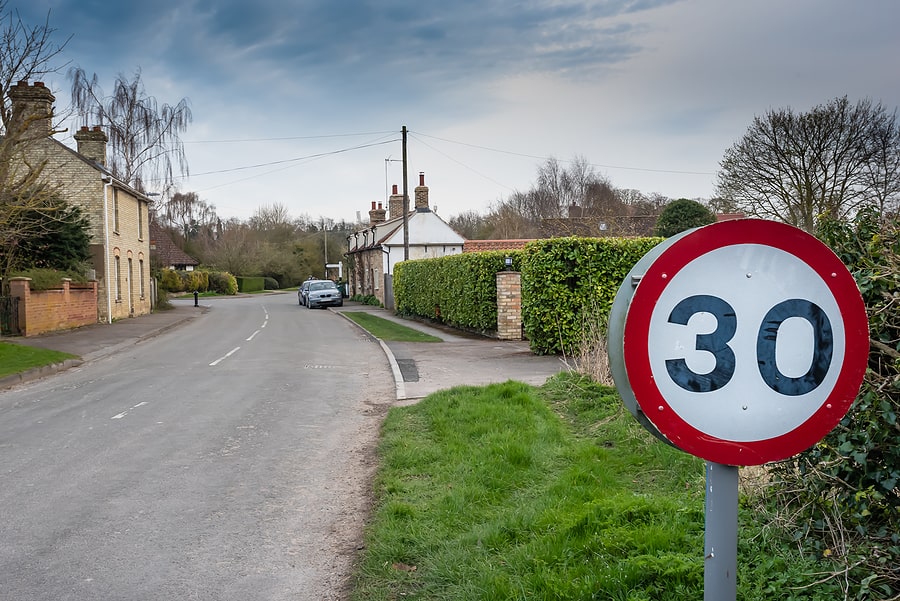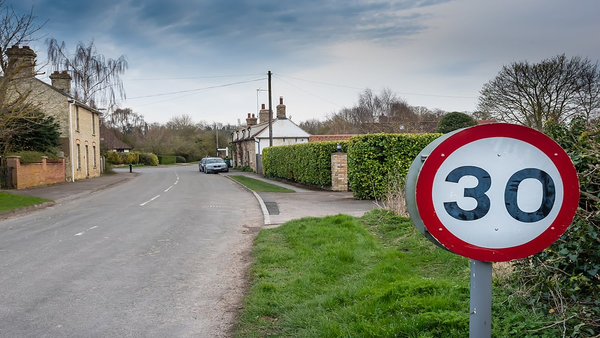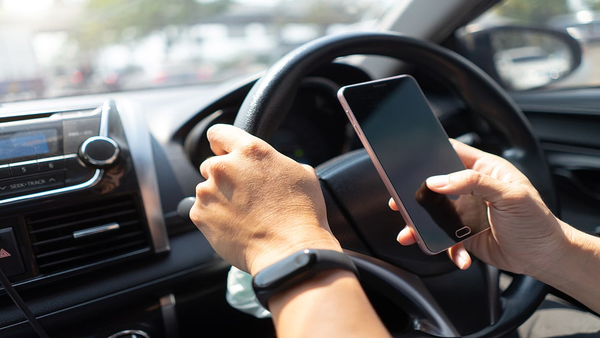What is dangerous driving?
Dangerous driving, as described under the Road Traffic Act, is when ‘the way you drive falls far below what would be expected of a competent and careful driver, and it would be obvious to a competent and careful driver that driving in that way would be dangerous’.
‘Dangerous’, in this instance, refers to putting lives and vehicles at risk. You don’t have to cause an accident to be charged with dangerous driving, though. If the police believe your driving has the potential to cause harm to others, you can be charged.
It’s a separate, more serious charge to careless driving, which is when your driving ‘falls below the standard expected of a competent and careful driver’.
Usually, dangerous driving is more prolonged, intentional, and often aggressive. Careless driving might see you brake suddenly because you weren’t paying attention to the road; dangerous driving sees you wilfully ignoring road signs or driving in an unfit state.
Find out more about what counts as careless or dangerous driving.
What is a dangerous driving charge?
A dangerous driving charge is the most serious motoring offence you can be charged with, beyond killing someone or injuring them.
If you’re convicted, you’ll be banned from driving for at least 12 months. And you’ll face the possibility of being sentenced to prison.
What is the mandatory penalty for dangerous driving?
Dangerous driving carries a mandatory penalty of a 12-month driving ban. You’ll also get a minimum of three points on your licence.
Cases will be tried at either a Magistrate’s Court or the Crown Court. Typically, more serious offences will head to the Crown Court, which has more powers. For example, extending a year-long driving ban to two years.
What are the maximum penalties for dangerous driving?
Minimum penalties will always apply in a dangerous driving charge, but the authorities have the power to go much further than that.
For example, while dangerous driving carries a 12-month disqualification, The Highway Code makes clear, ‘for repeat offenders or where the alcohol level is high, it may be longer. For example, a second drink-drive offence in the space of 10 years will result in a minimum of 3 years’ disqualification.’
Repeat offenders will also face stiffer penalties. According to the Sentencing Council, a Magistrate ‘must disqualify for at least 2 years if [the] offender has had two or more disqualifications for periods of 56 days or more in preceding 3 years.’
If the court finds you guilty, you could receive up to:
-
Five years in prison
-
An unlimited fine (or £5000 if tried at a Magistrate’s Court)
-
11 points on your licence
When a death by dangerous driving occurs, a judge can demand:
-
14 years to life in prison
-
An unlimited fine
-
11 points on your licence
-
Minimum two-year driving ban
-
Compulsory extended re-test
What factors are taken into consideration?
Mandatory penalties can’t be avoided, whatever your circumstances – that’s the law. However, that doesn’t mean you’ll automatically receive the maximum, either.
Dangerous driving sentencing guidleines depend on several factors, including:
-
Your driving record
-
Points on your licence
-
Your speed
-
Drink and drug-driving
-
Previous driving convictions and disqualifications
-
Level of experience
-
Injuries to yourself and others
-
Culpability
-
Prolonged disregard for road safety, other drivers, and pedestrians
-
How you plead
-
Level of remorse
-
Impact of disqualification on personal circumstances
-
Driving without a licence, insurance, or in an unsafe vehicle
Do I need a driving offence solicitor?
Whether you dispute the charge or accept responsibility, you should hire a driving offence solicitor as soon as possible.
Because of the seriousness of a dangerous driving charge, they’ll be able to support you through the legal process, helping you to build a defence.
In some cases, your solicitor may also be able to lower the dangerous driving charge to that of careless driving. This is especially important if you rely on your vehicle for work or to care for a friend or family member.
If you’re facing a charge of careless or dangerous driving, The Law Superstore makes it easy to get quotes for a driving offence solicitors who can take your case on without breaking the bank. With just a few details of the motoring charge against you, we’ll help you connect and compare legal experts near you.






